TEHRAN(Bazaar) –Shireen Tahmaasb Hunter, a professor of political science at Georgetown University, tells the Bazaar “On the economic front, the so-called liberal order is still strong.”
She says: “What president Biden has in mind when talking about a new world order is the restoration of US supremacy. However, with the new centers of power, which have arisen, this goal may not be easy to reach.”
“Russia's invasion of Ukraine does not mean the weakening of the international order such as it is,” Hunter comments.
Following is the text of the interview:
Bazaar: In a recent speech, Biden said that a new world order would be created and that we should lead it. He said that after World War II, the United States created a liberal world order, but now everything is changing. New world order will be created and we must lead it. And we must unite the rest of the free world for it. What does Biden mean by world order? If he means the liberal order, then that order is changing according to his words.
Hunter: If by order one means the absence of conflict and the rule of law, there has never been an international order, liberal or otherwise. The international system is still anarchic. Whatever degree of order has existed has been based on the balance of power and / or the supremacy of a single country or a group of countries. For example, throughout the Cold War era, it was the balance between the two nuclear powers, which prevented an all out war between them, and prevented their direct involvement in regional conflicts.
With the end of the Cold War and the collapse of the USSR the balance of global power shifted in favor of the United States. This imbalance of power contributed to the erosion of barriers to great powers' unilateral interventions beyond their border, illustrated by US invasions of Afghanistan and Iraq and Russian interventions in Georgia and the Crimea. However, because of Washington's long involvement in regional conflicts and their economic and human cost, the US, while still the most powerful state, is not capable of dominating the international system or establishing an order according to its preferences.
The rise of China, the greater power of regional actors to resist Washington's efforts to impose its will or even challenge them, the erosion of ideological red lines of the Cold war era, has led to the erosion of an international order based on US supremacy. What president Biden has in mind when talking about a new world order is the restoration of US supremacy. However, with the new centers of power, which have arisen, this goal may not be easy to reach.
Bazaar: Russia's invasion of Ukraine is considered by some to mean the weakening of the liberal order after World War II. NATO has failed to act as a deterrent, and the European Union is not even united in its sanctions against Russia. What is your assessment of this issue?
Hunter: Russia's invasion of Ukraine does not mean the weakening of the international order such as it is. This invasion more than anything else shows the impact of Vladimir Putin's personality and mindset., especially his anger at the loss of Russia's great power status and empire and his desire for revenge. Paradoxically, Russia's invasion of Ukraine has increased the West’s, --Europe and the US- solidarity. True, NATO’s reputation as a deterrent force has suffered. But it must be noted that Ukraine is not a NATO member. The real test for NATO would be if Russia attacks a NATO member and the organization does not react.
Bazaar: Which countries and groups will be the poles of the new world order?
Hunter: Russian invasion has been a wakeup call for Europe that it needs to strengthen its defense posture and military preparedness. However, I do not believe that in near future Europe could develop an adequate military force capable of defending the continent without Washington's help. The high cost of such an independent military and the lack of cohesion among European states argues against the success of such schemes. What I foresee is a stronger European contribution to NATO.
Bazaar: The European Union has announced the formation of a rapid reaction force that will be operational by 2025. Does this mean that the EU, in addition to being an economic and political bloc, will present itself as a military bloc?
Hunter: A new order, defined here as a new configuration of economic and military power on the international scene, most likely will be multipolar. The US and Europe, plus Japan and Australia, together will constitute the most important economic and military bloc. China will be the other bloc. However, the strength of this bloc in the coming years would depend on developments within China, including the future of its political system and post Xi leadership. Russia's role as a third pole will be inferior to the other two. Ironically, the invasion of Ukraine, instead of strengthening Russia is likely to lead to its economic and hence military and political weakening as it will face pressures from Europe and the US for years to come. I don't see India as being part of this equation nor any power or combination of powers in the Middle East.
Bazaar: In the future world order, what are the economic blockades like? Will we see the cooperation of the countries of the Free World against countries such as China and Russia, or will the interdependency between the countries not allow such blockades?






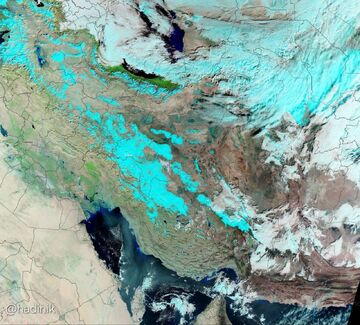
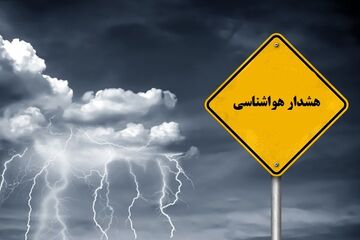




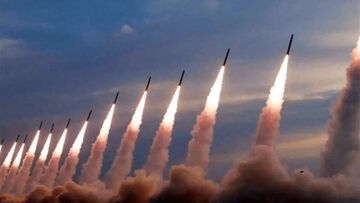
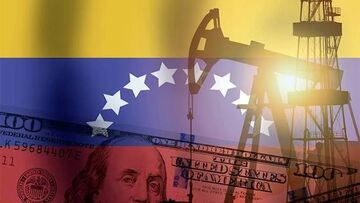

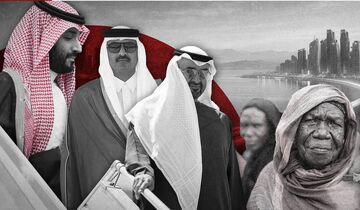
نظر شما